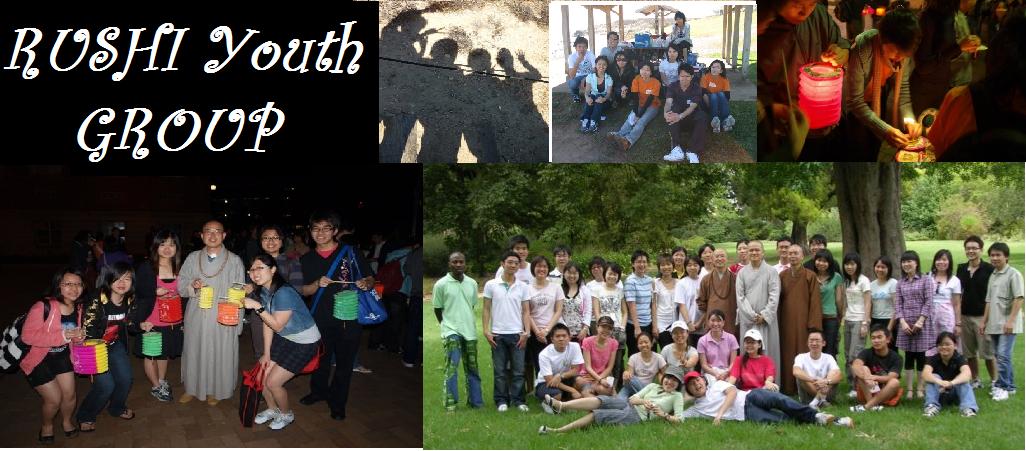
Two men, both seriously ill, occupied the same hospital room. One man was allowed to sit up in his bed for an hour a day to drain the fluids from his lungs. His bed was next to the room's only window. The other man had to spend all his time flat on his back.
The men talked for hours on end. They spoke of their wives and families, their homes, their jobs, their involvement in the military service, where they had been on vacation. And every afternoon when the man in the bed next to the window could sit up, he would pass the time by describing to his roommate all the things he could see outside the window.

The man in the other bed would live for those one-hour periods where his world would be broadened and enlivened by all the activity and color of the outside world. The window overlooked a park with a lovely lake, the man had said. Ducks and swans played on the water while children sailed their model boats. Lovers walked arm in arm amid flowers of every color of the rainbow. Grand old trees graced the landscape, and a fine view of the city skyline could be seen in the distance. As the man by the window described all this in exquisite detail, the man on the other side of the room would close his eyes and imagine the picturesque scene.
One warm afternoon the man by the window described a parade passing by. Although the other man could not hear the band, he could see it in his mind's eye as the gentleman by the window portrayed it with descriptive words. Unexpectedly, an alien thought entered his head: Why should behave all the pleasure of seeing everything while I never get to see anything? It didn't seem fair. As the thought fermented, the man felt ashamed at first. But as the days passed and he missed seeing more sights, his envy eroded into resentment and soon turned him sour. He began to brood and found himself unable to sleep. He should be by that window - and that thought now controlled his life.
Late one night, as he lay staring at the ceiling, the man by the window began to cough. He was choking on the fluid in his lungs. The other man watched in the dimly lit room as the struggling man by the window groped for the button to call for help. Listening from across the room, he never moved, never pushed his own button which would have brought the nurse running. In less than five minutes, the coughing and choking stopped, along with the sound of breathing. Now, there was only silence--deathly silence.
The following morning, the day nurse arrived to bring water for their baths. When she found the lifeless body of the man by the window, she was saddened and called the hospital attendant to take it away--no words, no fuss. As soon as it seemed appropriate, the man asked if he could be moved next to the window. The nurse was happy to make the switch and after making sure he was comfortable, she left him alone.

Slowly, painfully, he propped himself up on one elbow to take his first look. Finally, he would have the joy of seeing it all himself. He strained to slowly turn to look out the window beside the bed. It faced a blank wall.
THE END . . .
Moral of the story
The pursuit of happiness is an inward journey. Our minds are like programs, awaiting the code that will determine behaviours; like bank vaults awaiting our deposits. If we regularly deposit positive, encouraging, and uplifting thoughts, if we continue to bite our lips just before we begin to grumble and complain, if we shoot down that seemingly harmless negative thought as it germinates, we will find that there is much to rejoice about.


